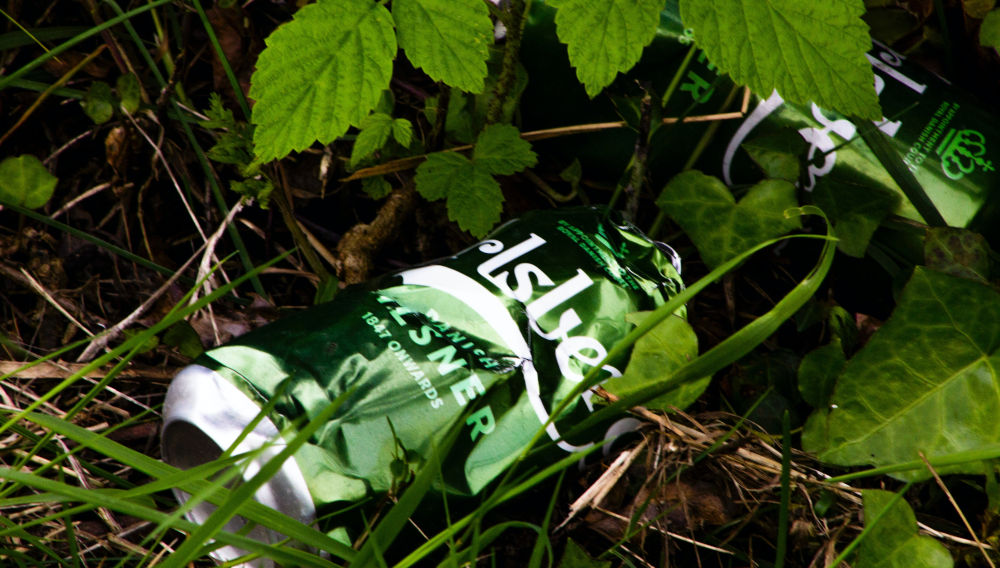Carlsberg reaches deal to sell Russian business, but won’t say who the buyer is
Denmark | Why did Carlsberg send out its trading update that it has found a buyer for its Russian brewery Baltika on Friday, 23 June, in the afternoon? Is it because the news is actually a non-news, which would be ancient news after the weekend?
All Carlsberg said was that it had signed an agreement to sell its Russian business. But the pertinent bits – who is the buyer, what is the transaction price, is there a buy-back option – are missing.
It is also far from certain if the deal will make it past the Russian government’s sub-commission that issues exit permits. Since last year, the sub-commission has widened its objectionable criteria to deter western companies from leaving Russia.
Strong-arm tactics
Per the Financial Times newspaper, these criteria include offering Russian buyers a discount of at least 50 percent of the asset’s value and making a “voluntary” contribution of 5 to 10 percent of the transaction price to the government’s budget.
The newspaper explained that Carlsberg may have to wait for months before receiving the approval because the sub-commission is overwhelmed with thousands of applications.
Carlsberg, the Western brewer most exposed to Russia, said in April 2022 it expected a writedown of about USD 1.45 billion from the sale, which came as a direct result of the invasion of Ukraine in February that year. In 2021, the brewer generated 9 percent of group revenue in Russia.
Slow progress
“The signing of an agreement to sell the Russian business is a very important milestone in the highly complex separation and selling process,” Carlsberg’s outgoing CEO Cees 't Hart said in a statement.
“While it has been an extensive process, it has been important for us to reach the best possible solution for all stakeholders, including our more than 8,000 employees in Russia,” he added.
Like Heineken, Carlsberg must have felt hounded by stakeholders and the media to finally clinch a deal. Since first announcing its intention to exit Russia more than a year ago, the Danish brewer has reported on the slow progress almost every quarter.
This time, it stuck to its word: Carlsberg said in March this year that it expected to announce a sale of the Russian business by June and has also said it was seeking an option to buy back the Russian business, depending on the state of the country, in 10 or 20 years.
Exiting Russia isn’t easy
Carlsberg’s competitor Heineken, in April, issued an equally anodyne trading update. It merely said that it had made progress transferring ownership of the business and had submitted application for approval to the Russian authorities, without specifying a timeline or buyer. Heineken expects to record EUR 400 million (USD 440 million) in a non-cash impairment charge when it exits Russia, where it employs 1,800 people and makes 2 percent of its global sales.
AB-InBev, for its part, seems to be in interminable talks to sell its stake in its Russia joint venture to its Turkish partner Anadolu Efes. It reported a USD 1.1 billion non-cash impairment relating to the as-yet-unsigned deal in its first-quarter results 2022, which allowed analysts to close their books on AB-InBev’s Russia episode. The joint venture employed around 3,500 people across 11 breweries in Russia.
According to estimates by the Kyiv School of Economics, which was quoted by the Financial Times, only 7.5 percent of foreign companies have completely withdrawn from Russia, while 37 percent have announced their exit and 41 percent remain in the country.
Keywords
international beer market sales Denmark Russia company news
Authors
Ina Verstl
Source
BRAUWELT International 2023

